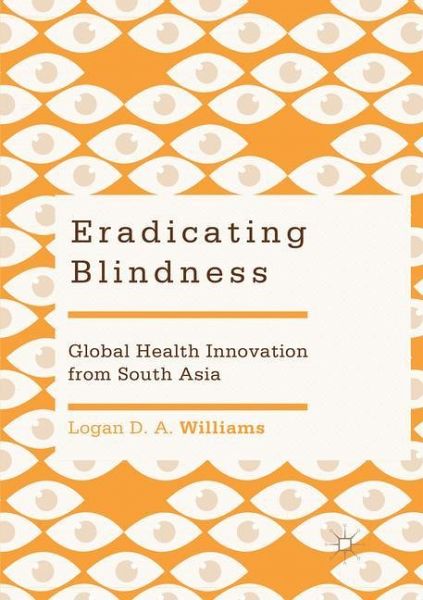
Eradicating Blindness
Global Health Innovation from South Asia
Versandkostenfrei!
Versandfertig in 6-10 Tagen
38,99 €
inkl. MwSt.
Weitere Ausgaben:

PAYBACK Punkte
19 °P sammeln!
This book describes community ophthalmology professionals in South Asia who demonstrate social entrepreneurship in global health to help the rural poor. Their innovations contested economic and scientific norms, and spread from India and Nepal outwards to other countries in Africa and Asia, as well as the United States, Australia, and Finland. This feminist postcolonial global ethnography illustrates how these innovations have resulted in dual socio-technical systems to solve the problem of avoidable blindness. Policymakers and activists might use this example of how to avoid Schumacher's crit...
This book describes community ophthalmology professionals in South Asia who demonstrate social entrepreneurship in global health to help the rural poor. Their innovations contested economic and scientific norms, and spread from India and Nepal outwards to other countries in Africa and Asia, as well as the United States, Australia, and Finland. This feminist postcolonial global ethnography illustrates how these innovations have resulted in dual socio-technical systems to solve the problem of avoidable blindness. Policymakers and activists might use this example of how to avoid Schumacher's critique of low labor, large scale and implement Gandhi's philosophy of good for all.














